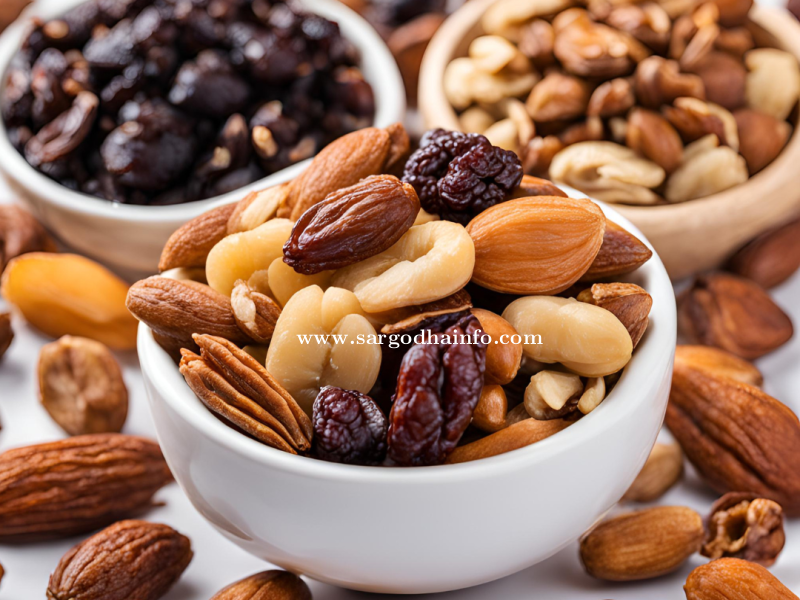-

-
-
Loading

Loading

Dried fruit (or dried fruit) is a healthy addition for your iciness food plan. It presents many health advantages, particularly at some stage in the bloodless months while our our bodies want more energy and nutrients. Here’s why dried fruit is a superb choice for winter:
1. It consists of Nutritious Nutrients
Vitamins and Minerals: Dried fruit is wealthy in nutrients and minerals along with nutrition A, vitamin E, potassium, magnesium and iron. These vitamins help hold healthy pores and skin, fortify the immune system and preserve bones and muscle tissues robust at some point of the wintry weather months.
Antioxidants: Dried fruits like raisins, apricots, and figs are rich in antioxidants that help protect your body from oxidative stress and inflammation, which are more pronounced during the winter months.
2. Strengthen Protection
Dried fruits like almonds, walnuts, and dates contain vitamin C and other antioxidants. These helps support the body’s ability to fight off disease, especially during the winter months when colds and flu are in full swing.
3. Give Energy
Sugars such as fructose in dried fruit give you a quick energy boost. This is especially useful during the winter months when people feel sluggish or tired due to the cold weather. The high fibre content also helps you stay full for longer, reducing your cravings for unhealthy snacks.
4. Good for Digestion
Dried fruits such as plums, apricots and figs are rich in fibre, which supports good digestion and can help prevent constipation - a common problem in winter due to dehydration, which can weaken the body.
5. Improve Skin Health
Healthy fats found in nuts (such as almonds, walnuts) and dried fruits (such as apricots and figs) help moisturize the skin and prevent dryness and cracks that often occur due to light problems in the winter months.
6. Strengthen the Heart
Nuts such as walnuts, almonds and pistachios are rich in fats such as omega-3 fatty acids, which are good for the heart. These fats help reduce bad cholesterol (LDL) and increase good cholesterol (HDL), reducing the risk of heart disease.
7. Helps with Weight Control
Although dried fruits are high in calories, they can be beneficial for weight control when consumed in moderation. The fiber and healthy fats in nuts and dried fruits help increase feelings of fullness and reduce total calorie intake. They are the perfect snack to combat excessive hunger.
8. Natural Sweetener
Dried fruits like dates, raisins and figs can be used as a sweetener in many winter dishes. This reduces the need for refined sugar, which can affect health if consumed in excess.
9. Help Bone Health
Many dried fruits like figs and apricots contain calcium and magnesium, which are important for bone health. These foods help prevent bone loss, which can become a problem as we age, especially during the colder months when people can’t
The best dried fruits for winter consumption:
How to add dried fruit:
Directions for use:
Including a variety of dried fruits in your winter diet will not only provide essential nutrients but also improve your overall health during the cold months.